The Capillary Wave

# 10. Calling All Patriots
A Capillary Wave Article Via: C M EDWARDS November 2023
An Examination Of What It Means To Be Patriotic
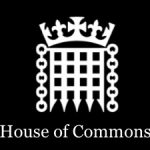
Introduction
I said in my main Introduction here that I am not interested in being popular, I am only interested in the Truth. I have relentlessly pursued Truth for the last 15 years or so. These articles are a presentation of some of that truth which, have been cut up in to bite sized portions, and numbered.
Pursuing the Truth as I have done, can and often does isolate. Each of these articles will, I have no doubt, be challenging to many tightly held core beliefs held by citizens. This article may well cause some readers to, throw the baby out with the bath water. Again, my only intention is to reveal the Truth, no matter how uncomfortable that may be.
My own Grandad fought in WWII, and I remember as a child feeling very proud of him. Being a keen football player and fan of the game, my own patriotism used to come out when the National Football team would play in a World Cup. I have great memories as a child watching the World Cup in Mexico 1986, and more recently the Euro ‘96 finals. I understand very well what it means to be patriotic from a citizens perspective, to feel proud of your country, and your fellow-countrymen.
When I started to examine law and governance around 2007/08 I started to have my eyes opened. I started to understand the World around me, and it was not at all what I thought it was. The more I examined things, the more I realised how little I actually knew, and how different things were to what I imagined them to be.
This information may shatter the imaginations of many a reader, as it did my own. We will see if you still wish to be “a patriot” at the end of this article. All I am showing you is the Truth.
If you find yourself here and are new to this platform, please read my previous articles first to gain the most benefit from the information laid out here; otherwise, this article may make little sense to you. The information in this article has been built up from the evidence of the previous articles. I will be moving forward from here, with the presumption that the reader understands fully what a polity is, and what legal fictions are.
If you have been directed here, and this is your first time at The Capillary Wave, I would strongly recommend reading: The Framework For Law And Governance before reading this article as it will give you a good background, and foundation to base this patriots article upon.
The Definition Of A Patriot
patriot (n.)
1590s, “compatriot,” from French patriote (15c.) and directly from Late Latin patriota “fellow-countryman” (6c.), from Greek patriotes “fellow countryman,” from patrios “of one’s fathers,” patris “fatherland,” from pater (genitive patros) “father” (see father (n.)); with -otes, suffix expressing state or condition. Liddell & Scott write that patriotes was “applied to barbarians who had only a common [patris], [politai] being used of Greeks who had a common [polis] (or free-state).”Meaning “loyal and disinterested lover and defender of one’s country and its interests” is attested from c. 1600, but it became an ironic term of ridicule or abuse from mid-18c. in England, so that Johnson, who at first defined it as “one whose ruling passion is the love of his country,” in his fourth edition added, “It is sometimes used for a factious disturber of the government.” The name of patriot had become [c. 1744] a by-word of derision. Horace Walpole scarcely exaggerated when he said that … the most popular declaration which a candidate could make on the hustings was that he had never been and never would be a patriot. [Macaulay, “Horace Walpole,” 1833] It was somewhat revived in reference to resistance movements in overrun countries in World War II, and it has usually had a positive sense in American English, where the phony and rascally variety has been consigned to the word patrioteer (1928). Oriana Fallaci [“The Rage and the Pride,” 2002] marvels that Americans, so fond of patriotic, patriot, and patriotism, lack the root noun and are content to express the idea of patria by cumbersome compounds such as homeland.
At first glance I do not think there is anything stated in the above definition, that would cause too many issues for those who would happily call themselves patriotic, or a patriot. The definitions state that a patriot is a “fellow-countryman”, so we can infer that a patriot is a countryman and from a country. We can see that a patriot is loyal to his / her “fatherland”, which would make the country the father. A patriot is described as “one whose ruling passion is the love of his country”. In fact the word “polis” is in the definition which is directly linked to a “state” and a “polity” which is a “country”.
So far I think we can fairly, and accurately, summarise what a patriot is from the definition of the word thusly:
- A “patriot” is a countryman, a native of a country whose chief passion is the love of his country, which in turn is his father. That relationship would make the patriot; a son of said country.
I believe that most “patriots” reading this, will read the above summary and agree with it, as it would be unrealistic not to. We now unequivocally understand what the definition of the word: patriot is, but this does not tell the whole story, so let us continue to explore what being a patriot is, in everyday practice.
If a patriot’s country is the fatherland, then it goes without saying that a patriot, being a countryman, must be a son of that country. We may have seen, or perhaps heard rousing speeches before a big event, about a team or some group representing their country as; “sons of Canada”, or “sons of England” etc. Here Niall Quinn (Irish international football player) talks of one such speech after a big game, when the players were described as “sons of Ireland”:
- Rumble Link: Niall Quinn / Sons Of Ireland [Adult Language]
We understand that a patriot is a son of the country and therefore the country is the father, but what is the big deal, and what relevance has that to anything? – Well, quite a lot in terms of law and governance. If Niall Quinn is a son of Ireland, then Ireland is the father. When discussing law and governance it is the father that makes the rules; the laws. We should all know that you can only have one Father. This applies in common sense terms on Earth, because biologically, a child only has one “father”/ dad, and in Scripture it also says:
- Matthew 23:9, KJV 1611 – And call no man your father upon the earth: for one is your Father, which is in heaven.
When discussing law and governance who your father is, is extremely important, because your father makes the law that governs you. In this respect it matters greatly who your father is, whether it be: our Father who art in heaven, or a patriots father; the country.
We are beginning to understand what a patriot is. We understand the relationship a patriot has with his father; the country. Now let us briefly remind ourselves what a country is.
Fellow-Countryman
The: UNITED KINGDOM (UK) is the title of a country and a country is a state, and a state is a polity, which is a polis. “Polis” is in the definition above of a “patriot”. So a patriot is the son of a polity, a country. A polity is a political entity which is defined as a group of persons with a collective identity who are organised by some form of institutionalised social relations, and have a capacity to mobilise resources. A polity can be any group of persons organised for governance, such as the board of a corporation, or the government of a country. We can also say then then, that a patriot is also a “person” because a person inhabits a region, country and a district, as confirmed from the definitions above.
A polity is what is known in law as a legal fiction. A legal fiction is a construct of the law, for the purposes of law. A legal fiction itself, by definition does not exist in reality, it exists only as a fiction of the law. A legal fiction only exists in the mind.
To explain this point further, here are two examples of a legal fiction: WALMART in the USA and: TESCO in the UK, are two supermarket store corporations. A corporation is a legal fiction, and part of the definition of “corporation” means, “united in one body, constituted as a legal corporation”. A legal fiction is also sometimes known as a legal person, or person in legal terms. A legal fiction / person can sue and be sued at law.
Some of you might be thinking to yourselves, “Hang on a minute, Tesco does exist in reality, it is not a fiction in my mind”. TESCO is a fiction of the law, as is a polity, or country. TESCO is the title of a company / organisation. When a title of a company is registered, you get a Certificate of Incorporation, and on that Certificate, is the title of the company that has been registered, and a title of a company is registered in ALL CAPITAL LETTERS to denote a title. Do not confuse the physical shop that you walk in to get your groceries, with the title of the legal fiction: TESCO. Put another way, if you sue TESCO at law, “TESCO” is not going to turn up at court, because it does not exist in reality, a representative of the company will have to turn up, because TESCO does not exist, as it is a title, a legal fiction, a person.
Here are some useful Legal Maxims on this specific point. A maxim is an irrefutable truth. Legal Maxims can usually be found in law dictionaries:
- A fiction is a rule of law that assumes something which is or may be false as true.
- Where truth is, fiction of law does not exist.
- There is no fiction without law.
- Fictions arise from the law, and not law from fictions.
- A fiction of law injures no one.
- Fiction of law is wrongful if it works loss or injury to any one.
- Index Jump to: Country
When Countries Disappear
Now we can clearly see from the [hyperlinked] evidence, that a country is a fiction of the law, and it exists only in your mind; just ask the persons of the former: YUGOSLAVIA, CZECHOSLOVAKIA, and EAST GERMANY. None of which exist anymore, either in law as a country, nor any longer in the minds of many peoples.
Here are some other European countries that are no longer in existence as a contemplation of law, or in persons minds.
Olympian, Mo Farah, as pictured below, has the words “GREAT BRITAIN” on his shirt and not: UNITED KINGDOM. Mo Farah represented the people of Britain at the Olympic games, he did not represent a corporation / a legal fiction of the law.
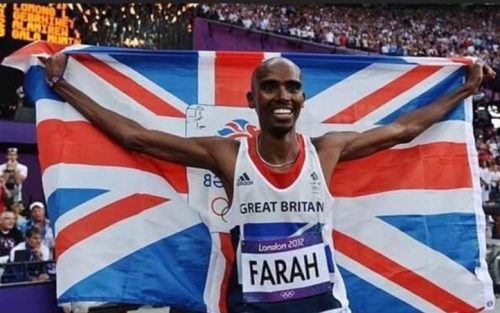
Britain is a landmass, and the UNITED KINGDOM is a corporate entity that has its headquarters at, and operates out of Britain. Just as TESCO does.
The example above of the country of: UNITED KINGDOM operating out of Britain is the same the world over. At America for example there is the corporation: WASHINGTON D.C , and out of that corporation, the UNITED STATES OF AMERICA is run. Americans might like to watch Kurt Kallenbach explain these concepts in more detail with his talk;
In the case of Canada, the difference is harder to spot, as the corporation has a title which matches the name of the landmass, however CANADA the corporation, is usually written with its letters all capitalised, and the name of the landmass is a noun: Canada. It is the same with AUSTRALIA, and Australia and so on.
The most obvious example of a corporation acting as a country and polity, is the EUROPEAN UNION. This is a legal fiction, a business, a corporation in law, and it is acting very much as a country. When you understand this, it may be easier to understand what “Brexit” and the EU referendum was all about. Effectively it was about the board of directors of: UNITED KINGDOM, wanting to do a corporate merger, with the: EUROPEAN UNION, but the “shareholders” (the citizens) kicked up a huge fuss, and went against the wishes of the board of directors. It is all corporate. It is all legal fictions.
Even the EU delegates are in business:
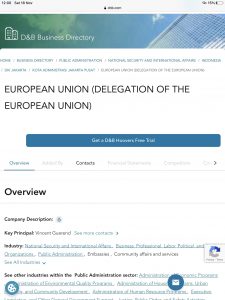
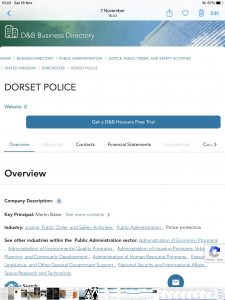

The UK is a body corporate (legal fiction) as is your local council as evidenced here in Section 2. (3) of the Local Government Act 1972.
Source:
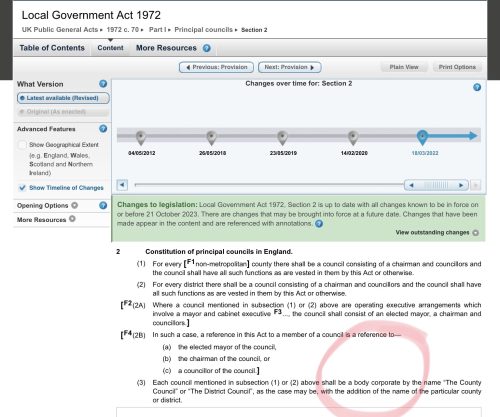
Who’s Your Daddy?
On Earth and in persons minds, there only two law makers:
1. God
2. Government
Of these law makers there are only these two jurisdictions available to us, which are known as:
- Lawful, of the people from God.
- Legal, of the persons from government.
Of those two available jurisdictions of law:
- One is reality, existence, life, and awareness, with a constitution of (LAW) Land, Air, Water from God – Lawful
- One is a from governments, legal fictions, dead entities/corporations, lifeless/breathless, existing only as a construct and contemplation of the law: existing only in your mind.
We understand that a Patriot, is a native of a country, is a person of a country and is a countryman, and a countryman is by definition a peasant. A peasant is a few things, and one of them is defined as a inhabitant of a region, district and, country. We know that “persons “ are legal fictions, and we know that a “country” is also a legal fiction. It is no wonder then, that this legal jurisdiction is “Secular,” (God-less) under Civil Law, because God is of the Lawful Jurisdiction for the people, and not legal persons. Civil Law is Roman Law, it is where we get the words civilian, and civilised from.
- Job 32:21 – 22, KJV 1611 – 21, Let me not, I pray you, accept any man’s person, neither let me give flattering titles unto man.” 22, For I know not to give flattering titles; in so doing my maker would soon take me away.
- Job 13:10, KJV 1611 – He will surely reprove you, if ye do secretly accept persons.
- Matthew 22:16, KJV 1611 – And they sent out unto him their disciples with the Herodians, saying, Master, we know that thou art true, and teachest the way of God in truth, neither carest thou for any man: for thou regardest not the person of men.
- Mark 12:14, KJV 1611 – And when they were come, they say unto him, Master, we know that thou art true, and carest for no man: for thou regardest not the person of men, but teachest the way of God in truth: Is it lawful to give tribute to Caesar, or not?
- James 2:9, KJV 1611 – But if ye have respect to persons, ye commit sin, and are convinced of the law as transgressors.
All civilised countries are run by (Roman) Civil Law, which by definition is secular; meaning God-less. If you are a patriot you are under the legal jurisdiction as a “person”. Let us start to pull together the entirety of the picture of what being a “patriot truly is:
Let us list and link a few words which mean “father”:
Have You Fallen For The Propaganda?
Let us look at the full picture of what a patriot is from everything evidenced above.
A Patriot is a civilian and person of a country. A patriot is a countryman which is defined as a “peasant” and is under the Civil Law which is secular. Nearly all of the definitions of the words that made up that sentence, either include, or directly link to the word: “pagan”, and the definition of the word: pagan below, supports everything we have learned about what a Patriot is:
A patriot is a countryman, and the country is his father.
A patriot is a civilian, under the civil law of a “polis”, which is secular, meaning Godless.
A patriot has turned his back on God.
A pa-triot is a pa-gan, which is why they share the prefix “pa” for “father”. It is all about your father. A patriot has chosen a country as a father, over: The Father, which explains why he is a pagan.
Perhaps now we can understand better the word: pro – pagan – da = for fatherland/country god
- Propaganda a movement or organisation to propagate some practice or idealogy. Again heavily related to Rome in the definition.
- pagan (n.) c. 1400, perhaps mid-14c., “person of non-Christian or non-Jewish faith,” from Late Latin paganus “pagan,” in classical Latin “villager, rustic; civilian, non-combatant” noun use of adjective meaning “of the country, of a village,” from pagus “country people; province, rural district,” originally “district limited by markers,” thus related to pangere “to fix, fasten” (from PIE root *pag- “to fasten”). As an adjective from early 15c. The religious sense often was said in 19c. [e.g. Trench] to derive from conservative rural adherence to the old gods after the Christianization of Roman towns and cities; but the Latin word in this sense predates that period in Church history, and it is more likely derived from the use of paganus in Roman military jargon for “civilian, incompetent soldier,” which Christians (Tertullian, c. 202; Augustine) picked up with the military imagery of the early Church (such as milites “soldier of Christ,” etc.). The English word was used later in a narrower sense of “one not a Christian, Jew, or Muslim.” As “person of heathenish character or habits,” by 1841. Applied to modern pantheists and nature-worshippers from 1908. Pagan and heathen are primarily the same in meaning; but pagan is sometimes distinctively applied to those nations that, although worshiping false gods, are more cultivated, as the Greeks and Romans, and heathen to uncivilized idolaters, as the tribes of Africa. A Mohammedan is not counted a pagan much less a heathen. [Century Dictionary, 1897] The English surname Paine, Payne, etc., appears by old records to be from Latin paganus, but whether in the sense “villager,” “rustic,” or “heathen” is disputed. It also was a common Christian name in 13c., “and was, no doubt, given without any thought of its meaning” [“Dictionary of English Surnames”].
A pagan and a patriot are “of” the country. A country is “of” the world and most Christians know to be “in” the “world” but not “of” it. All the way through this article we see that a pagan and patriot are in opposition to God. Further evidence of that opposition to God would be whereby; a pagan / patriot will put their hand on their heart, and pay their respects to their country (person), and sing a hymn to a false god:
- anthem (n.) Middle English anteme, from Old English ontemn, antefn, “a composition (in prose or verse) sung in alternate parts,” from Late Latin antefana, from Greek antiphona “verse response” (see antiphon). The sense evolved to “a composition (usually from Scripture) set to sacred music” (late 14c.), then “song of praise or gladness” (1590s). It came to be used in reference to the English national song (technically, as OED points out, a hymn) and extended to those of other nations. The modern spelling is from late 16c.; perhaps it is a mistaken attempt to restore a Greek original, but the -th- is unetymological.
- hymn (n.) “religious song,” c. 1000, from Old French ymne and Old English ymen, both from Late Latin hymnus “song of praise,” from Greek hymnos “festive song or ode in praise of gods or heroes” (also sometimes of mournful songs), used in Septuagint to translate several Hebrew words meaning “song praising God.” Possibly a variant of hymenaios “wedding song,” from Hymen, Greek god of marriage, or, as per Watkins, from a PIE root *sam- “to sing” (source also of Hittite išhamai “he sings,” Sanskrit saman- “hymn, song”). Evidence for the silent -n- dates from at least 1530
After the patriot has sung a hymn he may salute the raising of the flag, which is a cloth ensign / sign. All of which is actually, and in fact, paying respect to a persons again contrary to what is stated in The Bible (shown above in article).
- salute (v.) late 14c., saluten, “to greet courteously and respectfully,” earlier salue (c. 1300, from Old French salver), from Latin salutare “to greet, pay respects,” literally “wish health to,” from salus (genitive salutis) “greeting, good health,” which is related to salvus “safe” (from PIE root *sol- “whole, well-kept”).
- sign (n.) early 13c., signe, “gesture or motion of the hand,” especially one meant to express thought or convey an idea.
So the flag is meant to “convey a thought or idea”. As I have said in many times across the articles here; this is a battle for your mind. Given that being a civilian, citizen, commoner, pagan, and a patriot is in full opposition to the teachings of The Bible, hopefully now you may be understanding who the battle for your mind is between?
Govern – to control
Ment – mind
Countries are legal fictions of the “World” which has been examined in my previous chapters starting at Definitions in Article #6. It is no coincidence that these things are warned bout in the Bible, including the need to “renew your mind”, which interestingly in found at “Romans’. Now we know precisely why it is that your mind may need renewing:
- Romans 12:2, KJV 1611 – And be not conformed to this world: but be ye transformed by the renewing of your mind, that ye may prove what is that good, and acceptable, and perfect, will of God.
- Ephesians 4:23, KJV 1611 – And be renewed in the spirit of your mind;
- Colossians 1:21, KJV 1611 – And you, that were sometime alienated and enemies in your mind by wicked works, yet now hath he reconciled.
We can perhaps now understand why country also means contrary. Given all of the evidence, it is not too difficult to see that a country and everything about it, is in opposition to God, and again the word definitions bear this out:
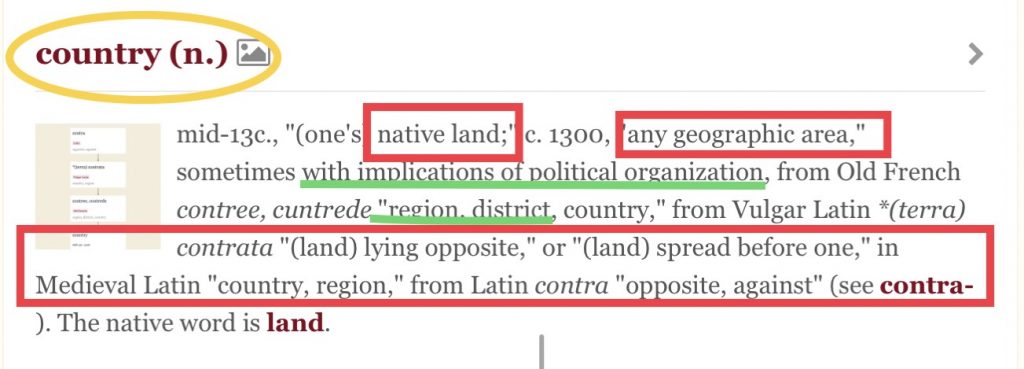
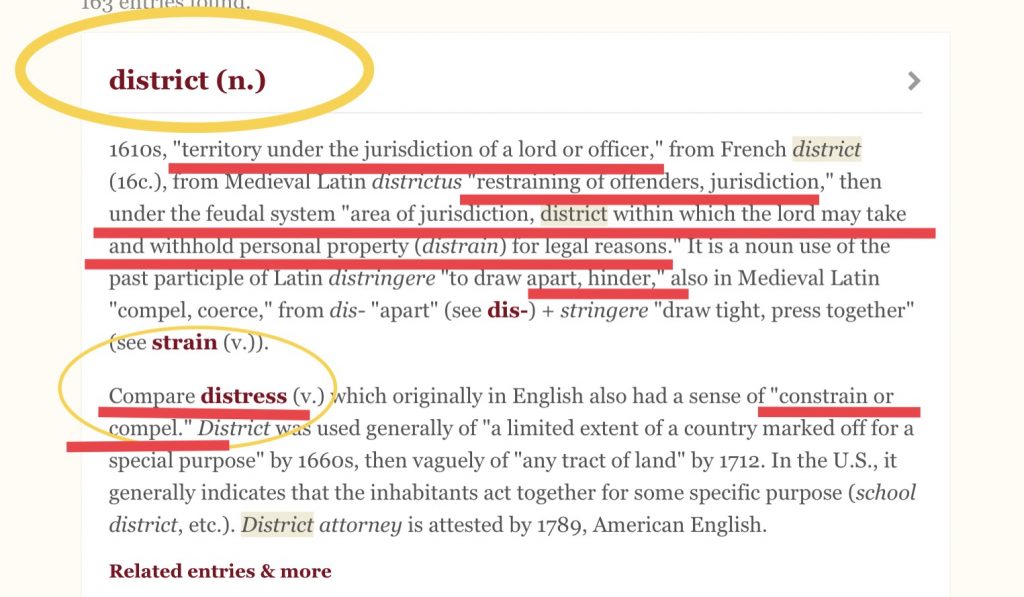
I am sure a lot of patriots and citizens can relate to the definitions of the word “district” and why that would make sense given everything evidenced herein:
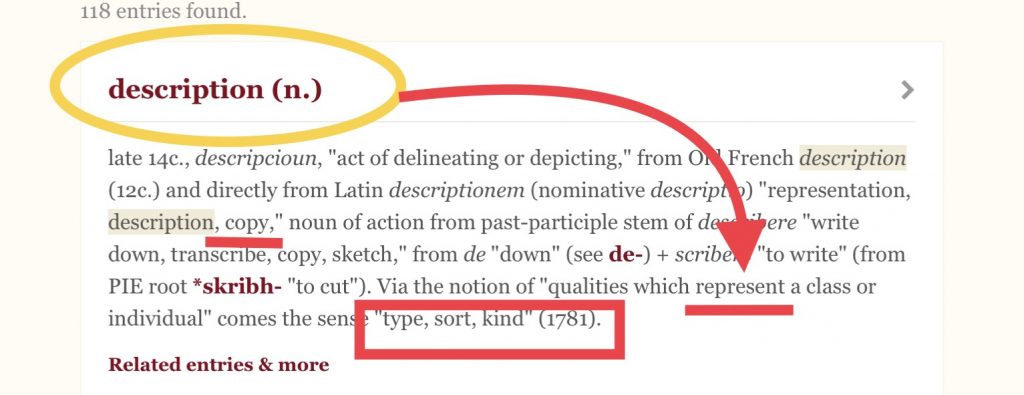
Legal fictions such as countries, corporations, and persons exist only in your mind, and as words, and drawings, on pieces of paper. To de – scribe (describe) something is to take it away from scripture, to make a likeness, a graven image, as we shall see and The Bible has something to say about making “graven images” too. A legal fiction is a graven image, it is lifeless, it is dead, a corp[se]-oration (corporation) existing only in your mind:
- Leviticus 26:1, KJV 1611 – Ye shall make you no idols nor graven image, neither rear you up a standing image, neither shall ye set up any image of stone in your land, to bow down unto it: for I am the LORD your God.
- Jeremiah 51:17, KJV 1611 – Every man is brutish by his knowledge; every founder is confounded by the graven image: for his molten image is falsehood, and there is no breath in them.
Here are some further word definitions connected to: country. Let us examine further how a country is de – scribed and let us see if it fits with Scripture:
- scribe (n.) late 12c., “professional interpreter of the Jewish Law” (late 11c. as a surname), from Church Latin scriba “teacher of Jewish law,” used in Vulgate to render Greek grammateus (corresponding to Hebrew sopher “writer, scholar”). It is a special use of Latin scriba “keeper of accounts, secretary, writer,” an agent noun from the past-participle stem of scribere “to write” (from PIE root *skribh- “to cut”). The sense “one who writes, official or public writer” in English is from late 14c. That of “copyist, transcriber of manuscripts”
- scripture (n.) early 14c., “the sacred writings of the Bible, the books of the Old and New Testaments” (in this sense commonly with a capital); from Medieval Latin and Late Latin scriptura “the writings contained in the Bible, a passage from the Bible,” in classical Latin “a writing, character, inscription,” from scriptus, past participle of scribere “to write” (from PIE root *skribh- “to cut”).
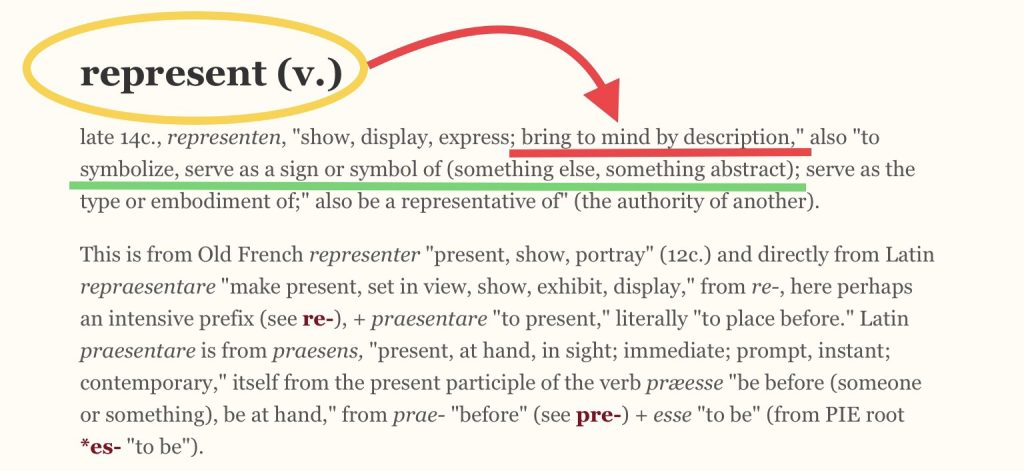

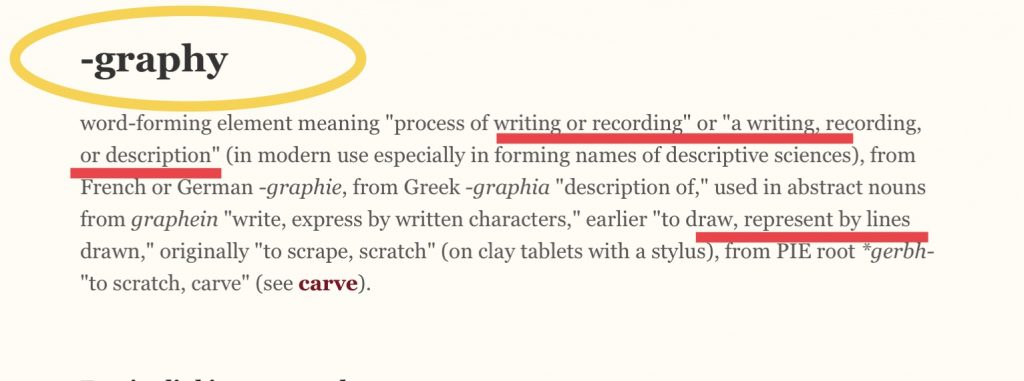
So again, the above definitions of country and its associated words, back up what has been stated here, and also correlates with Scripture. A patriot is a pagan, a native person under another lord / ruler/ god, in a district of a country. A patriot is a person that has turned his back on The LORD God. The word native tells us this also. To represent something is to “bring to mind by description,” which is also what a graven image is. A country is an example of a graven image, there are many more, such as a cross. A country it is a fiction which only exists in the mind. A country is brought to mind via a flag, or an anthem, or as writing on a pice of paper. The definition of a graven image is: to bring to mind via a re – presentation.
Let us examine a bit further what Scripture says about countries and graven images to see if we can get a deeper understanding of what is meant by it”. Let us examine Leviticus 26:1 KJV 1611:
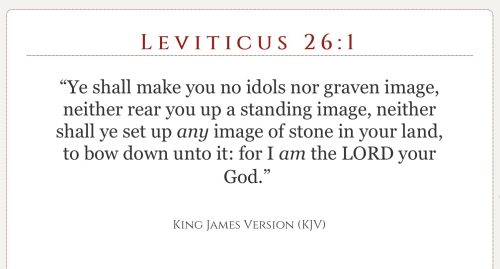
Now let us drill down on the specific words of Leviticus 26:1, using the KJV 1611 with a Strong’s Concordance iPhone application. Strong’s is vitally important when de coding The Bible, because, as those astute ones of you will recognise below, the word: image, has three different codes associated with this one word, from this one verse alone:
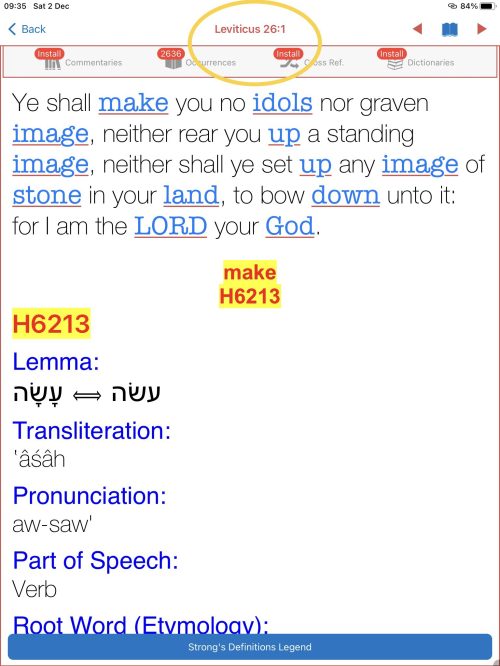
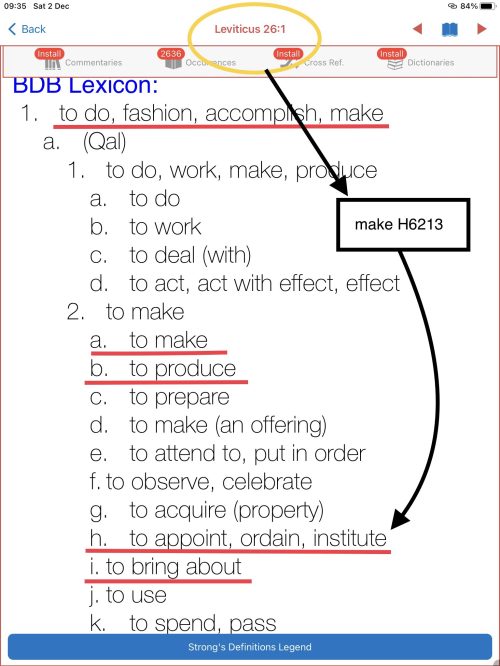
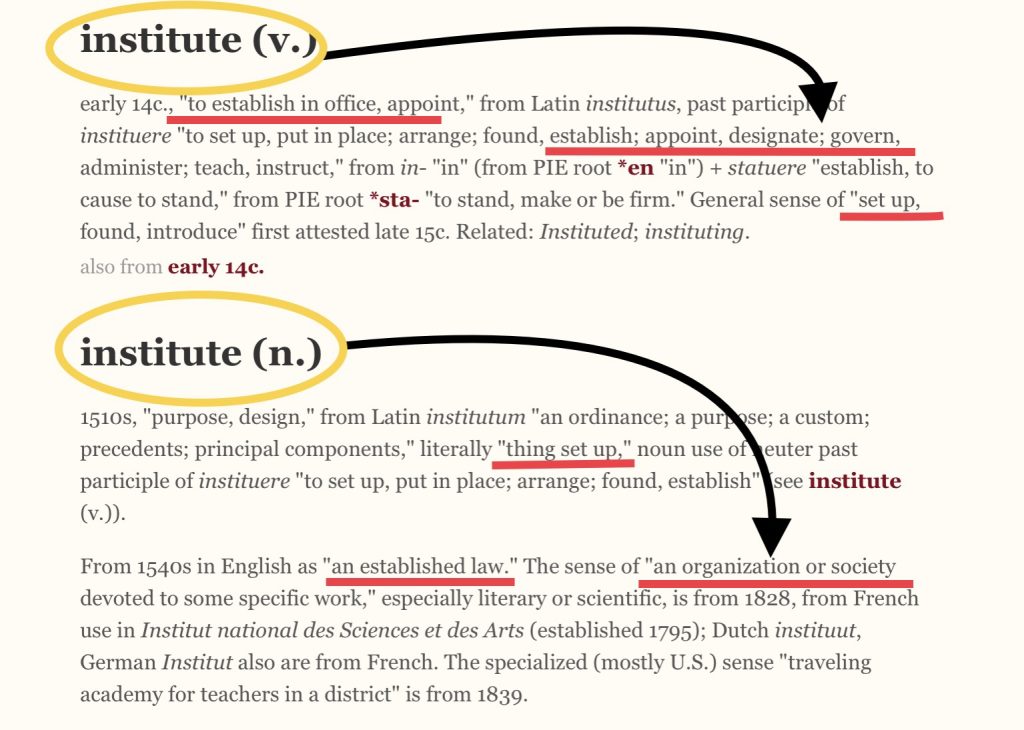
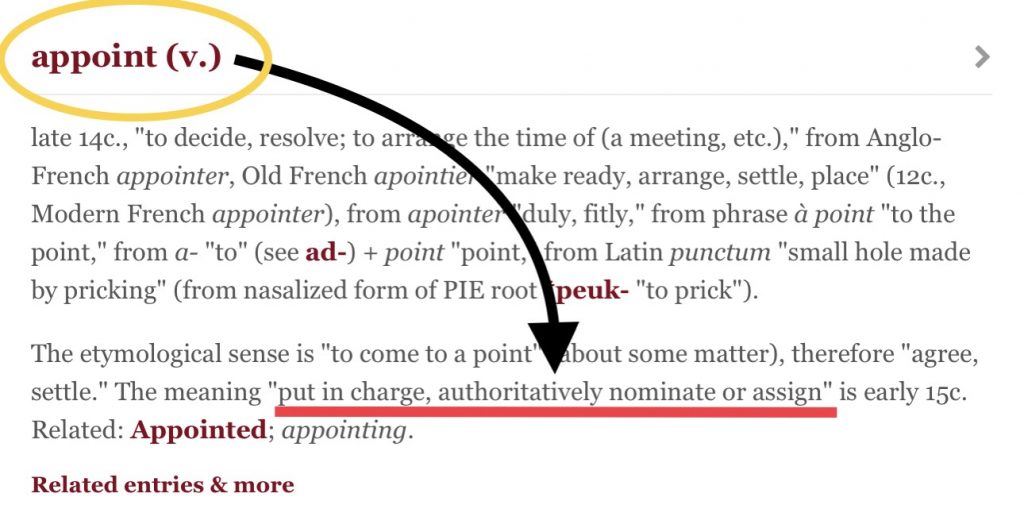
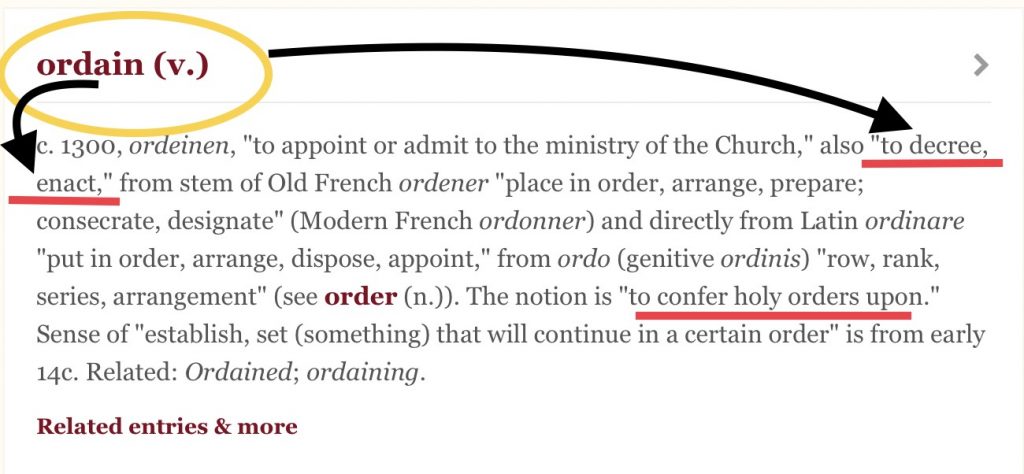
So here we have a commandment forbidding the establishment of government, which is a polity, belonging to a country; and false idols, which are created when persons create governments and countries which are imaginations. So far quite straightforward. On page two of Calling All Patriots, we will explore this further as things get even more interesting: Go To: Page Two.